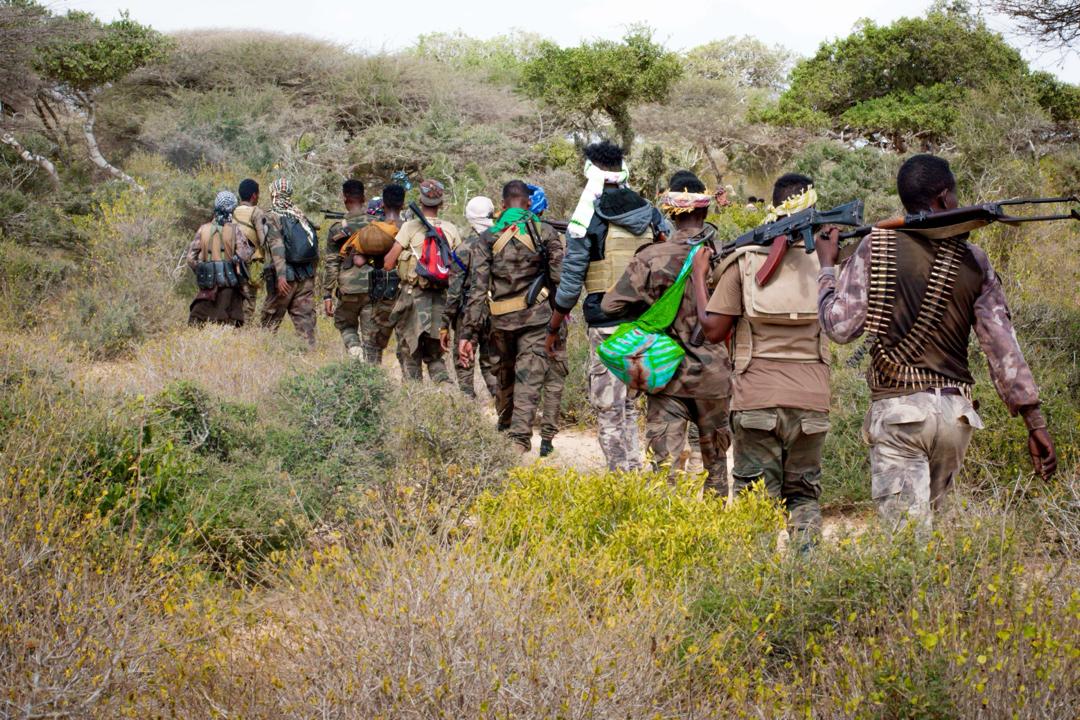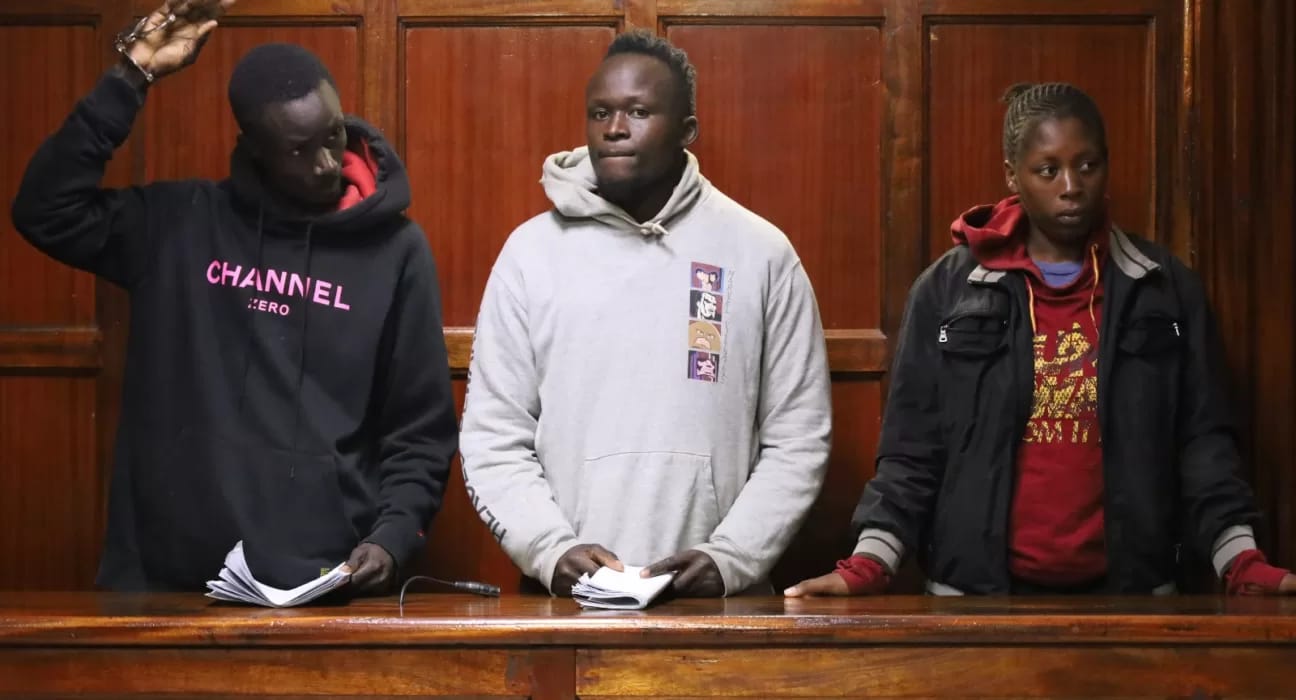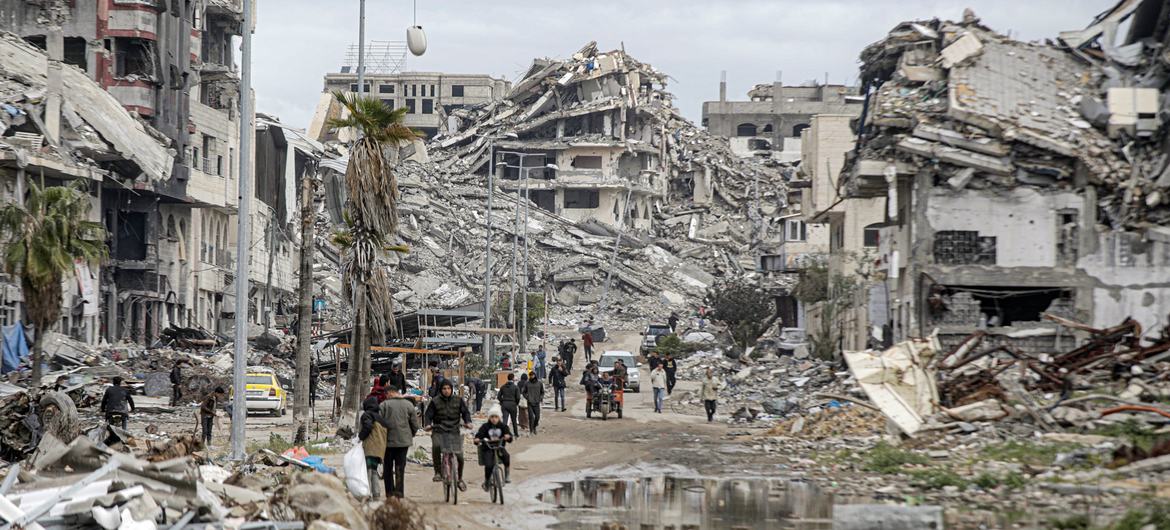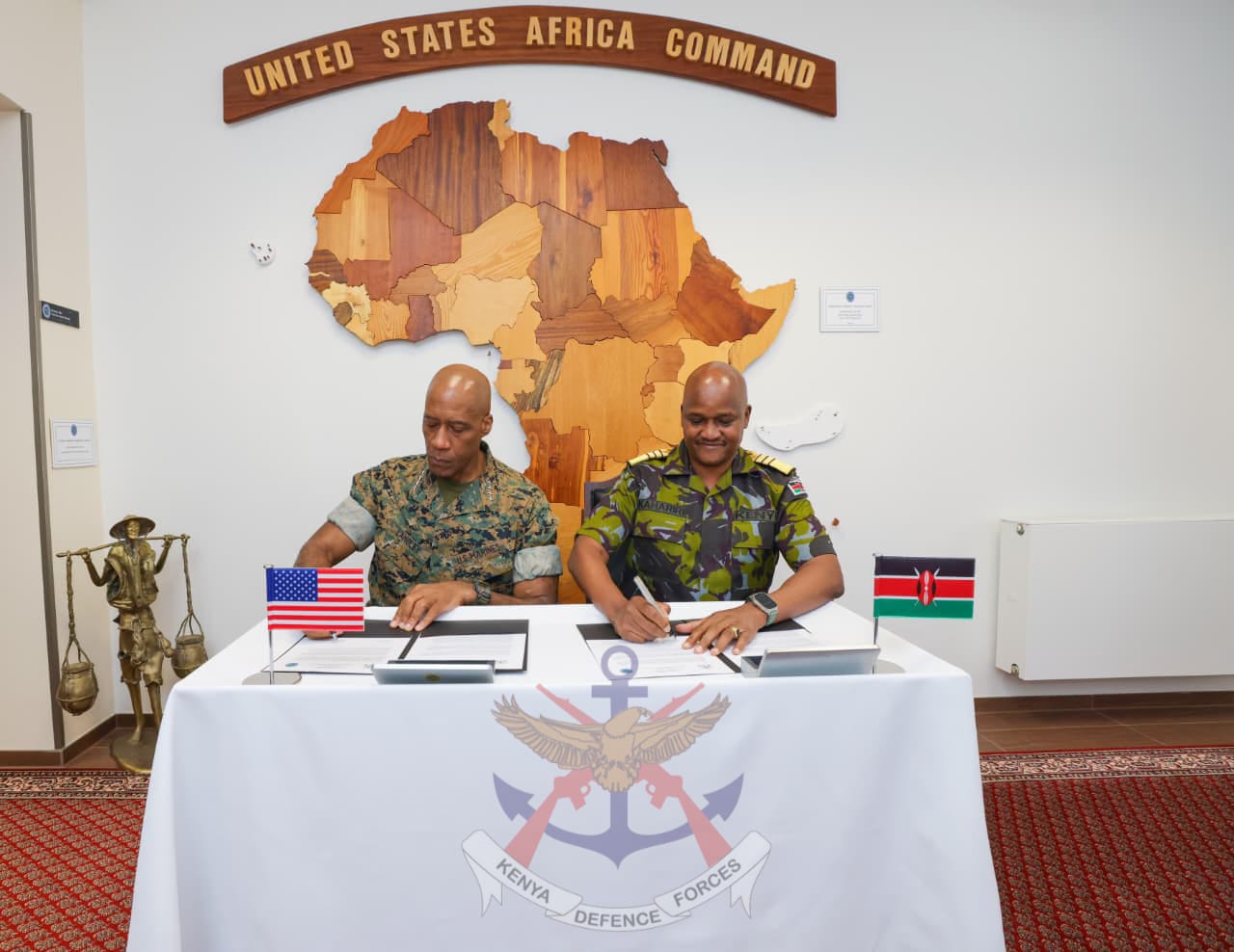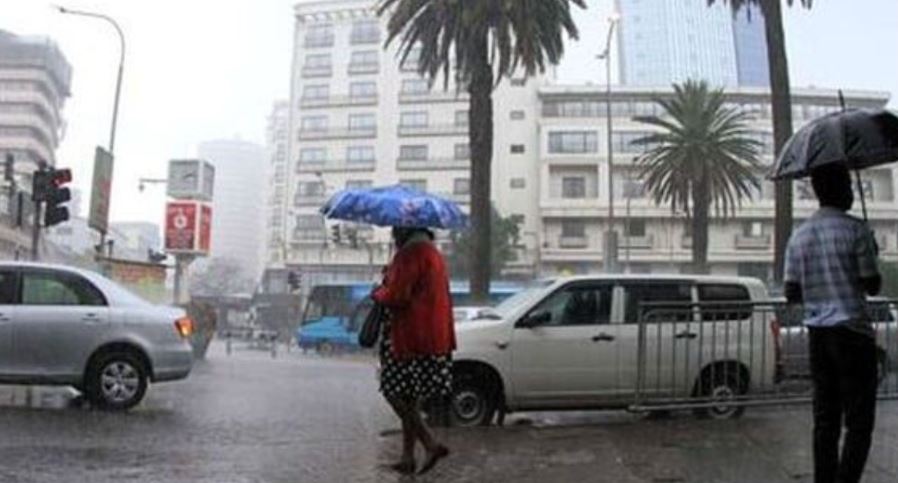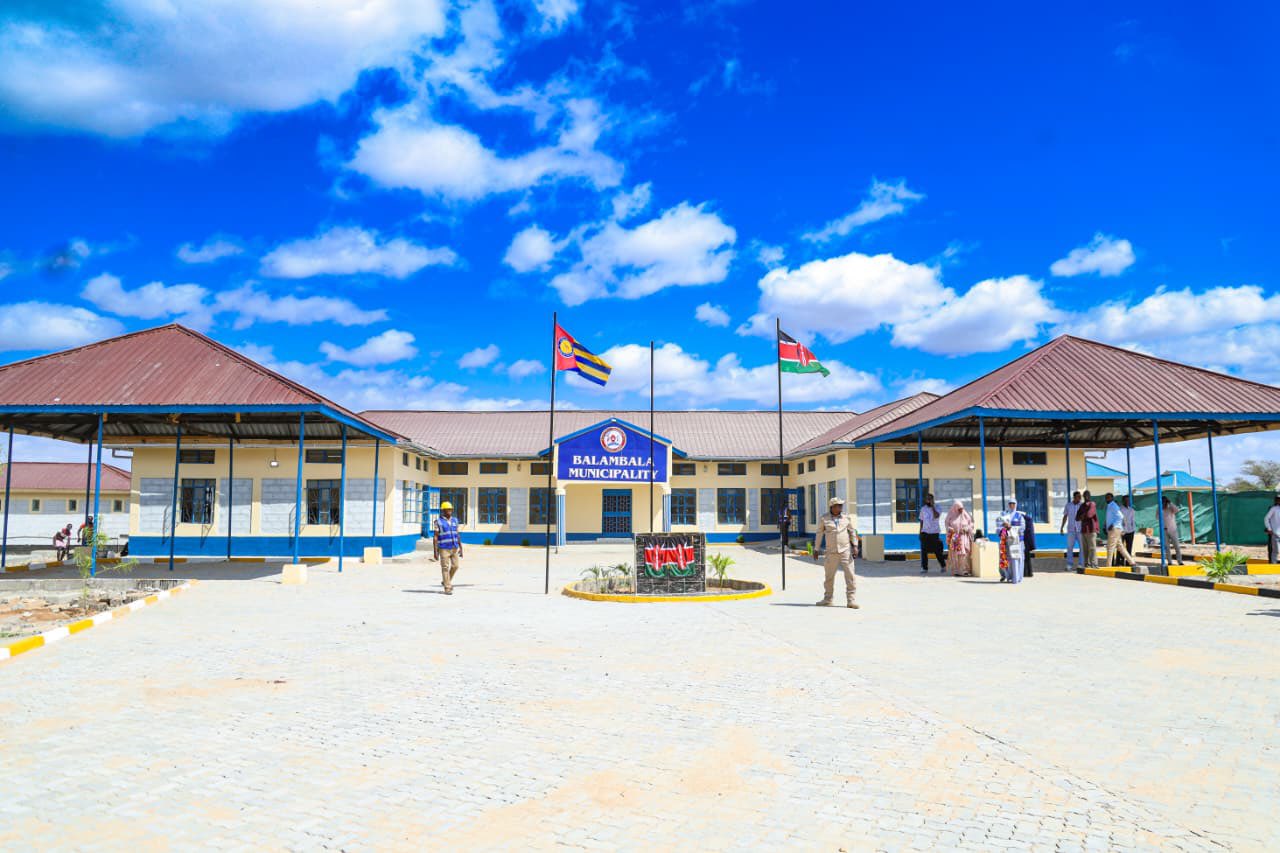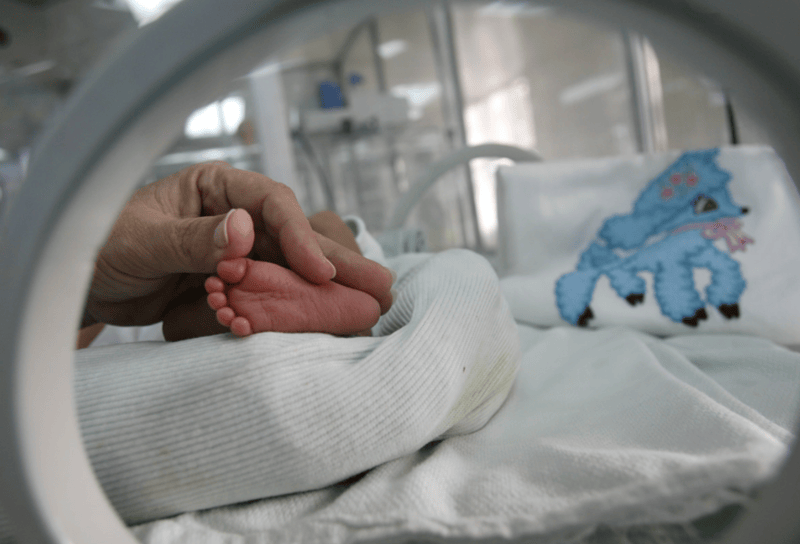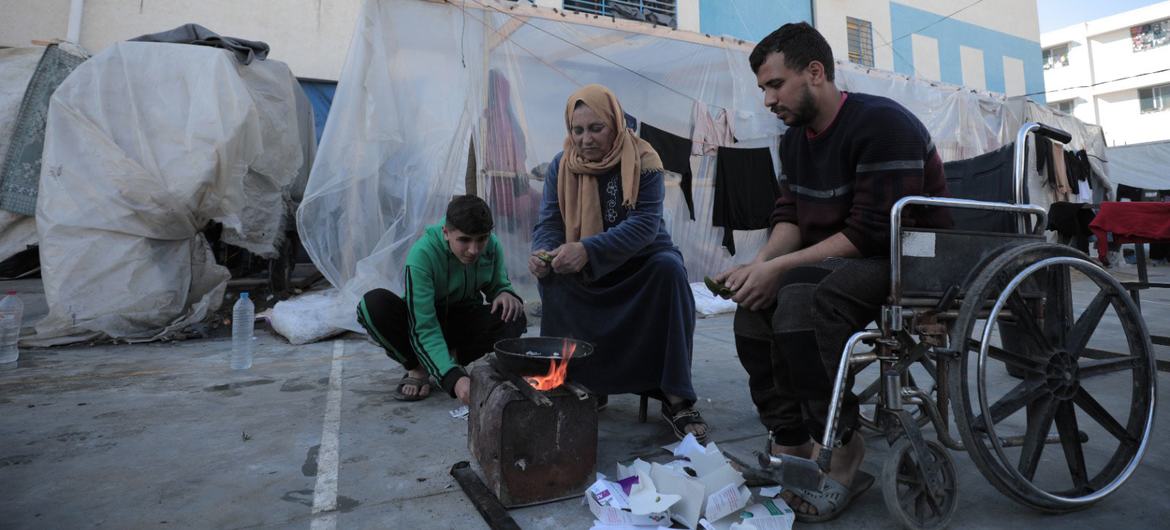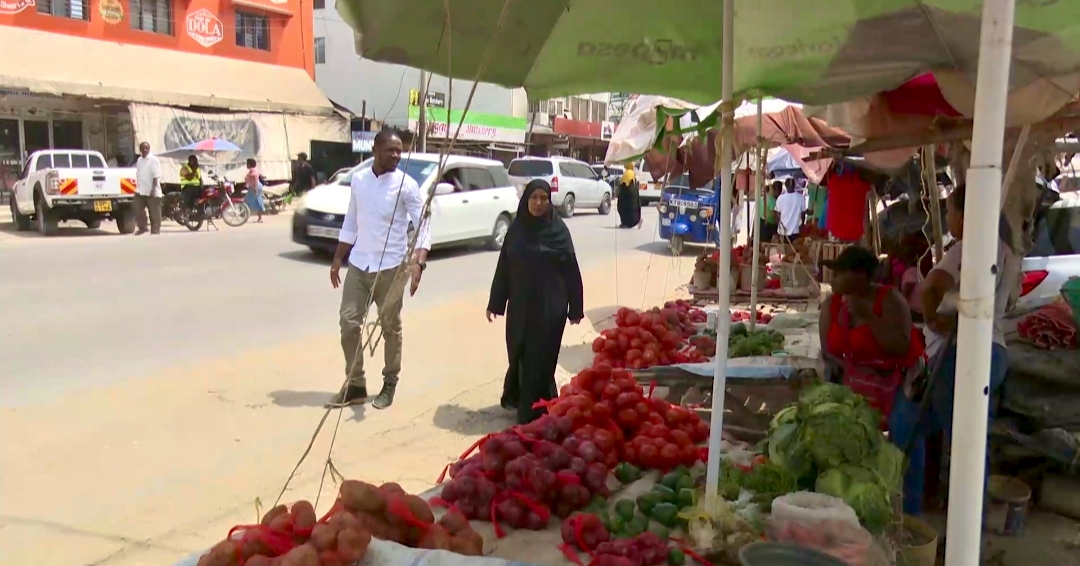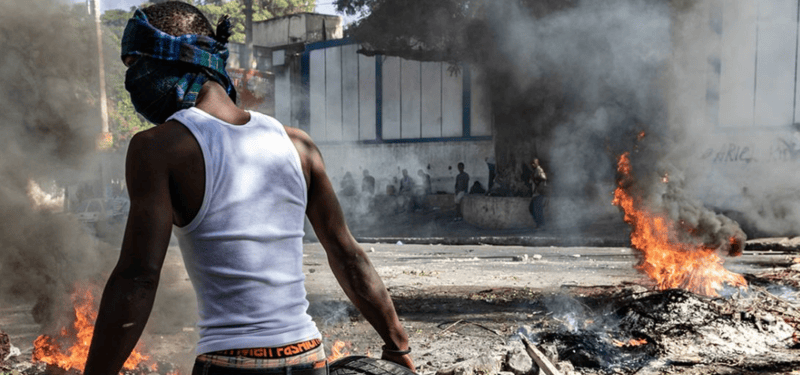Correction: Deep gulley, not dam, caused the Mai-Mahiu tragedy
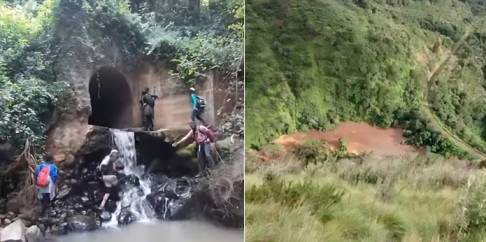
“I was on top of the hill. It was devastating,” the old man, with a nearly worn-out cap, recalled as he held onto his walking stick.
A dam did not cause the Mai-Mahiu tragedy in Nakuru, which has so far claimed 71 lives, as earlier reported by the Eastleigh Voice.
We wish to correct our earlier reporting and indicate that the cause of the flooding is now attributed to a gulley near a railway line, which accumulated water and later burst on Sunday night.
More To Read
- Brace for heavy rains, strong winds in coming days - Kenya Met
- Governor Kihika forms task force to probe child sex trade in Mai Mahiu
- One dead after flash flood sweeps Indian village, over 100 missing
- Sudan gripped by deadly crisis as hunger, disease and heat intensify
- Calls for safety awareness as world marks Drowning Prevention Day
- Deadly floods show need for faster, wider warnings, UN agency says
The water piled up in the gulley behind a blocked railway tunnel following heavy rains witnessed across the country.
Fact-check
The Water Resources Management Authority (Warma) confirmed that the gulley caused the Mai Mahiu tragedy and not a burst dam, as reported earlier.
According to Warma's chief executive, Mohamed Shurie, the deep gulley "formed due to erosion."
"The water did not originate from a known dam but from a deep gulley/valley. The nearest dam is about 15 kilometres away," Mohamed told Nation Africa.
Environment Cabinet Secretary Soipan Tuya, he stated, will issue a comprehensive statement on the gulley, how it was formed and measures put in place to prevent the tragedy from occurring again.
Research conducted by other independent fact-checkers and the Eastleigh Voice indicates that the debris, trees, and rocks blocked the tunnel, which is on the hilly side of the tragedy area.
With the rains pounding throughout last week and the weekend, more water gathered in the deep gulley, posing a threat to the homesteads downhill.
On Sunday night, the residents sheltering inside their homesteads were caught off guard after the flooded water burst.
A torrent of water surged from the tunnel uphill, sweeping away everything in its path, from family members, including children, to vegetation and livestock.
Victims who spoke to President William Ruto, who visited the tragedy area on Tuesday, April 30, recalled the horror they witnessed on Sunday night.
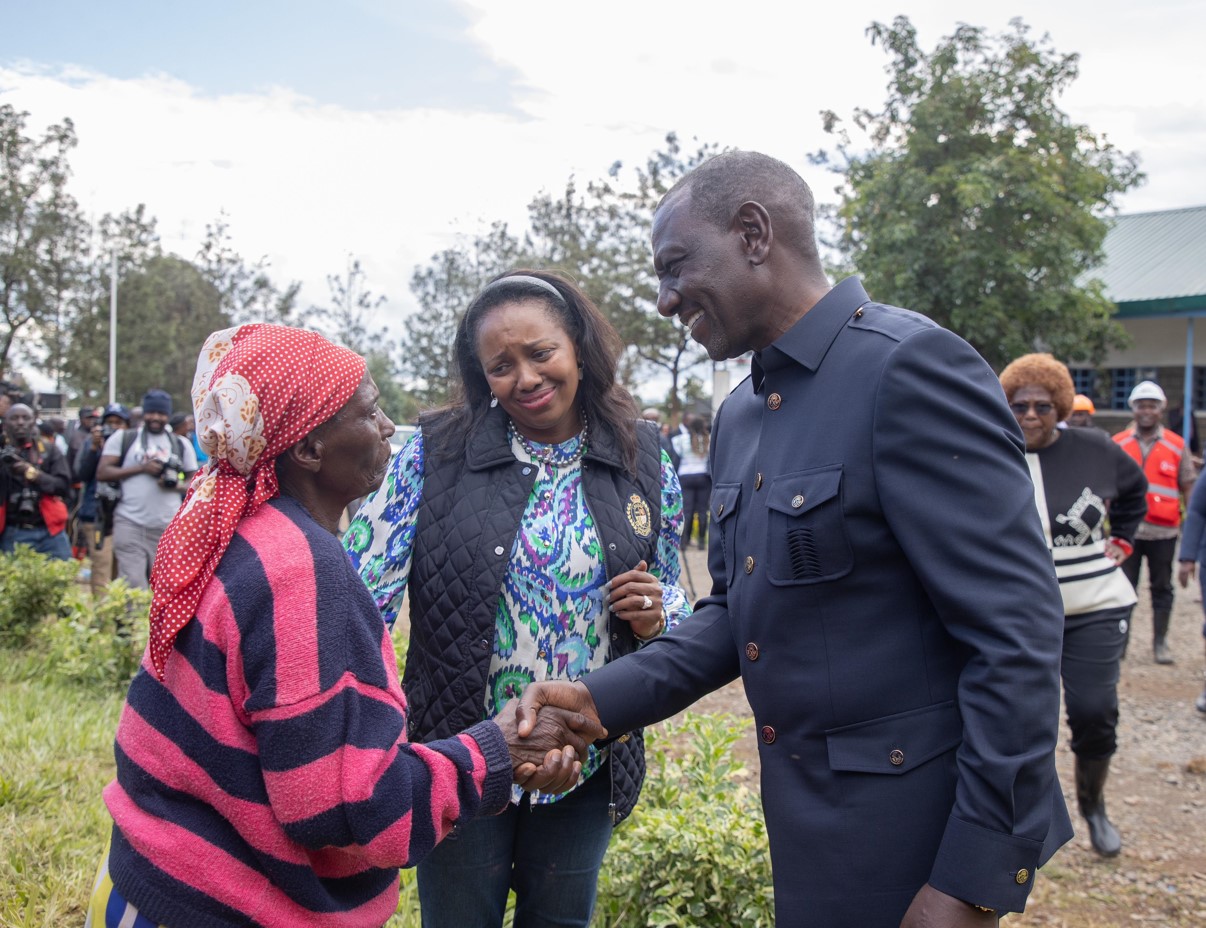 President William Ruto and Nakuru Governor Sussan Kihika interact with a victim of the Mai Mahiu tragedy at Ngeya Girls Secondary School on Tuesday, April 30, 2024. (Photo: PCS)
President William Ruto and Nakuru Governor Sussan Kihika interact with a victim of the Mai Mahiu tragedy at Ngeya Girls Secondary School on Tuesday, April 30, 2024. (Photo: PCS)Ruto Mai Mahiu (3)
“Our home was near the area where a large stone wiped out houses. The stone destroyed other houses, not ours. The earth shook and we felt the reverberation. I cannot imagine that the stone that missed us went downhill to crash others,” a woman overwhelmed by emotions told President Ruto.
“Our home was isolated. Just a small portion with 10 others. Our house was the last one to be missed,” the woman added.
An old man said that he recalled the rain pounding heavily that night before he retired to bed as usual. However, the situation changed in a minute as he heard roaring sounds and houses being demolished.
“I was on top of the hill. It was devastating,” the old man, with a nearly worn-out cap, recalled as he held onto his walking stick, memories of the deaths of his neighbours fresh in his mind.
As dawn broke, the scene of the tragedy was heartbreaking. Dead cows stuck in the rubble, bodies of children, and other victims buried inside the mud.
The Mai Mahiu death toll
President William Ruto said that nearly 78 bodies were recovered, with 26 others in hospitals. Earlier in the day, Deputy President Rigathi Gachagua said that 71 people had been confirmed dead.
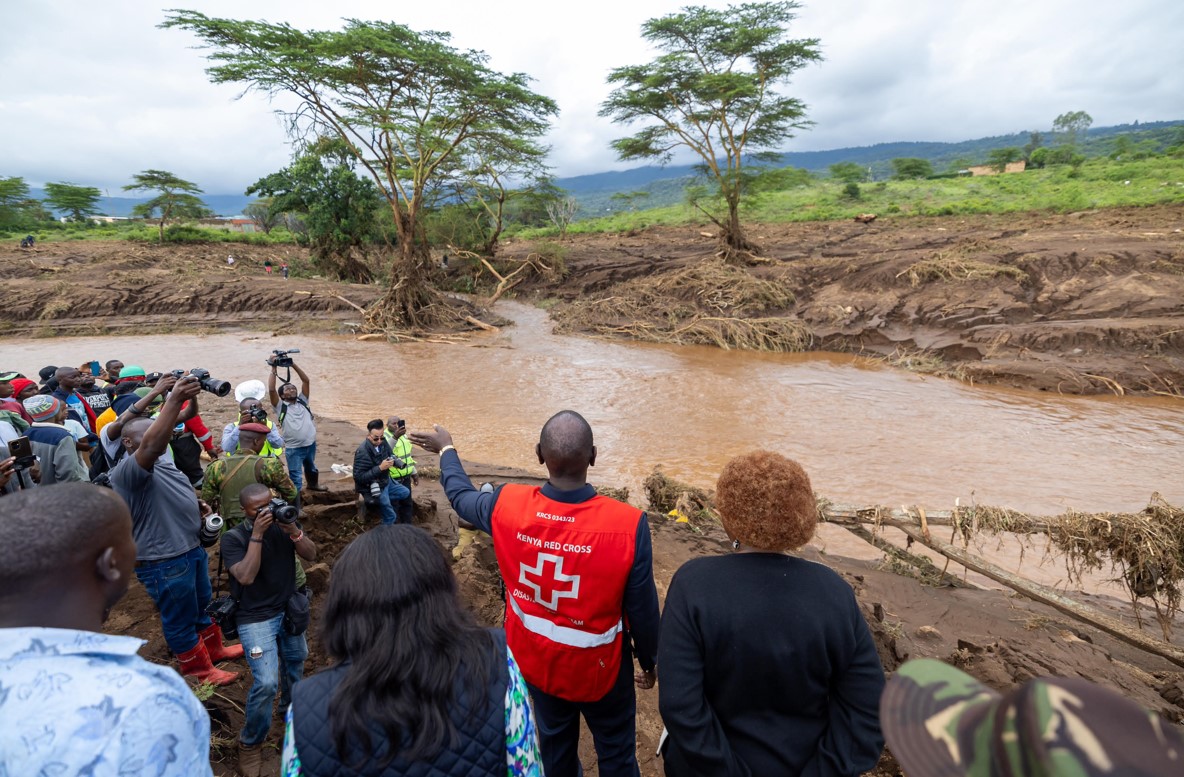 President William Ruto visits the Mai Mahiu tragedy area in Nakuru County on Tuesday, April 30, 2024. (Photo: PCS)
President William Ruto visits the Mai Mahiu tragedy area in Nakuru County on Tuesday, April 30, 2024. (Photo: PCS)Ruto Mai Mahiu
New developments
President Ruto deployed the Kenya Defence Forces (KDF) to assist in the search and rescue operations.
He also ordered Public Service CS Moses Kuria to set up a Huduma Centre near the tragedy area and aid victims to reapply for their identification Cards (IDs), birth certificates, and other government documents.
“We condole with the families that have lost their loved ones due to the floods in the country. We pray for a quick recovery for the injured and pledge total government support at all levels.
“A multi-agency rescue operation, including the military, is currently underway in all affected areas. It will help offer temporary shelter, food, clothing, and medical care, besides carrying out emergency evacuations and searches,” Ruto stated while addressing victims at Ngeya Girls Secondary School in Mai Mahiu, Nakuru County.
The victims will also be relocated, their houses rebuilt, medical bills in private and public hospitals and funeral arrangements covered.
The President also ordered all members of the public in areas mapped as risky and in danger of flash floods to vacate in 48 hours, under the guidance of the multi-agency committee.
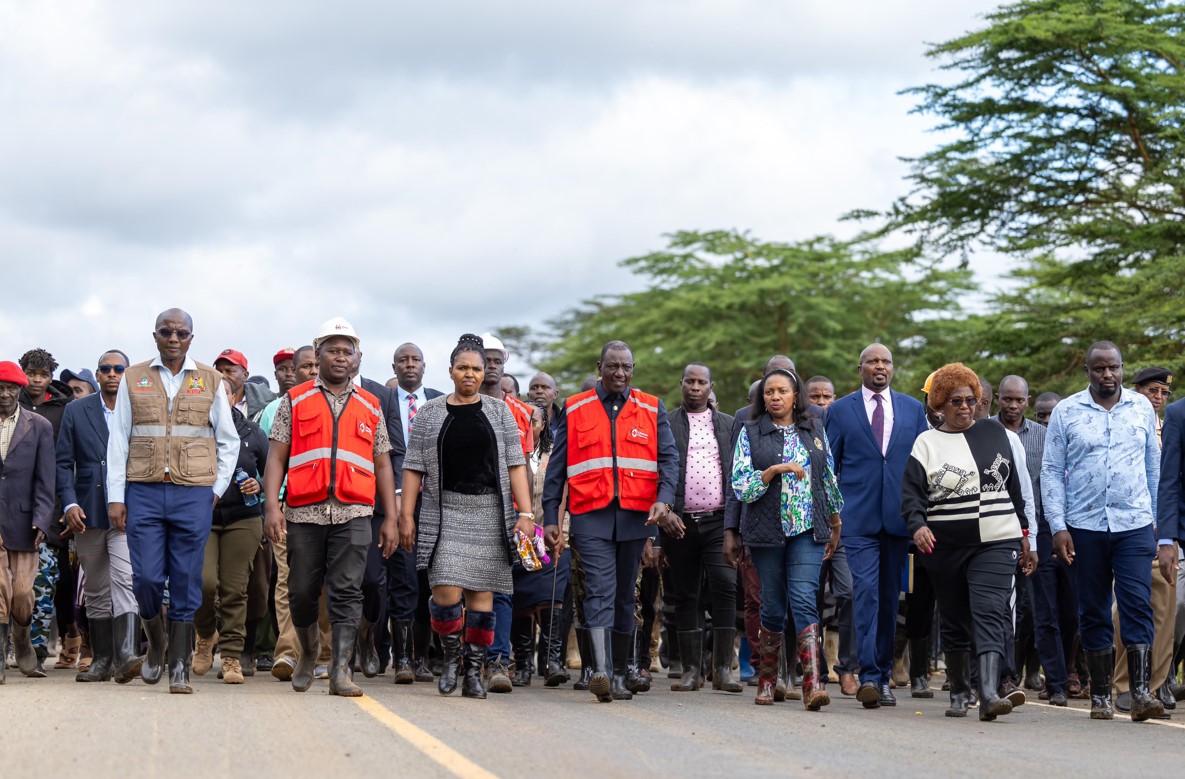 President William Ruto, accompanied by Nakuru Governor Sussan Kihika, Nakuru Senator Tabitha Keroche, and CSs Moses Kuria (Public Service) and Alice Wahome (Water), visit the Mai Mahiu tragedy area in Nakuru County on Tuesday, April 30, 2024. (Photo: PCS)
President William Ruto, accompanied by Nakuru Governor Sussan Kihika, Nakuru Senator Tabitha Keroche, and CSs Moses Kuria (Public Service) and Alice Wahome (Water), visit the Mai Mahiu tragedy area in Nakuru County on Tuesday, April 30, 2024. (Photo: PCS)President William Ruto, accompanied by Nakuru Governor Sussan Kihika, Nakuru Senator Tabitha Keroche, and CSs Moses Kuria (Public Service) and Alice Wahome (Water), visit the Mai Mahiu tragedy area in Nakuru County on Tuesday, April 30, 2024. (Photo: PCS)
Top Stories Today
